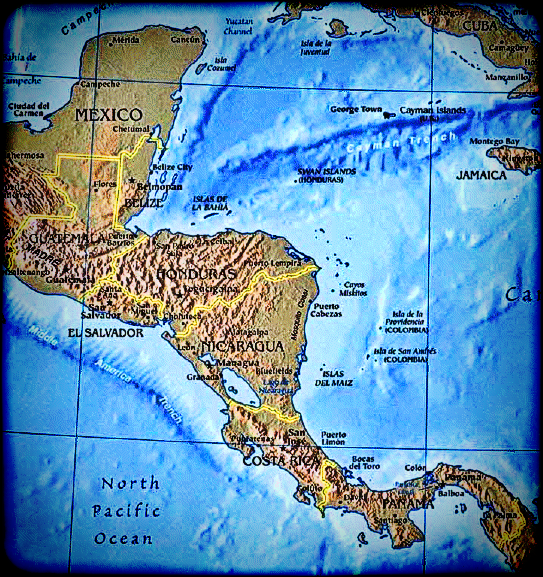These are tough decisions to make and we, as a nation, have got them wrong.
I am talking about the unconscious series of decisions that we have been making about the political situation in Central America, notably in Honduras, El Salvador, and Guatemala.
These are societies in deep trouble with incompetent or corrupt (or both) rulers. What might have happened, or might yet happen, is that these regimes would be overthrown by a revolution; that's often how power changes hands in that part of the world.

I had these thoughts in mind as I sat in an immigration judge's court room recently and as I noticed the age and the gender of the people who had fled those nations, illegally entered the United States, and who were now living here comfortably because we don't deport them, even though it is perfectly clear that their presence is illegal.
They were mostly healthy young men in their late teens (or claimed to be). Each of them had a family that had just enough money to send the young men to the United States illegally. Each of the families had made the decision that life was pretty terrible in their homelands.
In short, most of these young males in that Arlington,Va., courtroom were, in a specialized sense, members of a Central American elite: they were young enough and strong enough and adventurous enough to make their way illegally to the United States. This was in contrast to three other sets of young males in Central America: the children of the local establishment, a small group; a larger group of gang members; and those who were too under-motivated, or too poor, or too sick to attempt to leave the country.
It struck me that I was looking at the very kind of people who staff change — even revolutions — around the world; and we, the United States, have lifted the lid from the pressure cooker in their home countries by removing those potential change agents from those nations.
Even without regard to the very real need to enforce our immigration laws (which is a serious concern) we have, by our actions, guaranteed the continuing rule of the crooked governments of Central America, just as we have for the last 50 years used (unconsciously) similar policies vis-a-vis Cuba with similar results.
Sending the ones in that courtroom back to Central America will be no picnic for them without a revolution, and even more dire in case of such an event. But if there is to be change in that part of the world, we must stiffen our position. We must send those young men back to their countries for what they can do there, and to prevent them from staying here and sending remittances back home that will only help to keep the current crooks in power.
This is, I will admit, a grim calculus. But in World War II we sent our own young men off to fight and die for a better society; we should similarly draft the young Central Americans to fight for a better society in their homelands.
Let's call that return trip conscription, not deportation.
